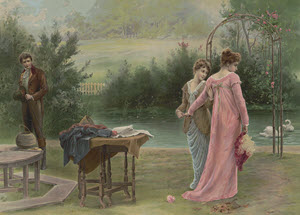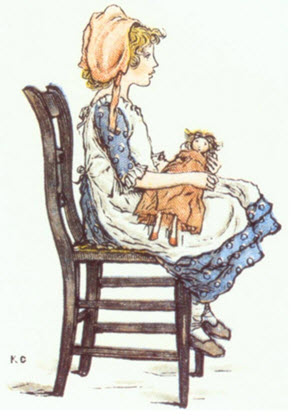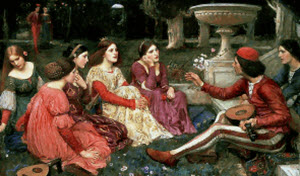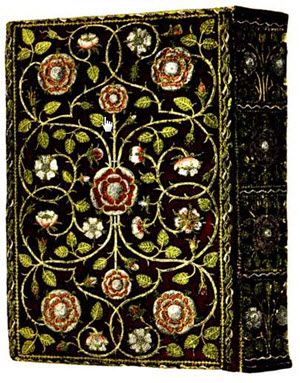EDGAR ALLAN POE - Part 23
Literary persons make the records, and literary persons are likely to be mistaken. Some writers think he was in his life more celebrated as critic than as poet or romancer. There was, true, a spice even in his minor criticisms which preserves the journals of his time ; his attacks on Lowell as an abolitionist and Longfellow as a plagiarist have been carried along in the tedious momentum of sectional prejudice, and so given undue prominence; but the people must have been buying his magazines for the stories he wrote.
It is strange that with so many parlour poets about him Poe should have selected Longfellow, whom he justly ad mired, for abuse. The u Longfellow War' 7 seems now a petty conflict, and the echoes of it no longer alarm. " The Village Blacksmith" and "The Conqueror Worm" subsist together in a broad country. But, in those queer provincial days, Poe and Longfellow's champions flew at each other as if literature had learned its manners from politics. Longfellow refused to be led into the conflict, and was reserved and magnanimous whenever the matter was brought up. Poe was wrong in point of fact and wrong in the spirit which led him to assail the least presumptuous, most catholic and tolerant of the New Englanders. He should have contented him self with his entertaining derisions of Transcendentalism.
By taking in too many New Englanders,-even Hawthorne he later depreciated,- he showed himself provincial, and just at the time when he should have justified creative literature and criticism he did a foolish thing.
In October, 1845, he gave a reading before the Boston Lyceum. He could not, or did not, produce a new poem for the occasion, but delivered the juvenile "Al Aaraaf" and the already familiar "Raven." The Boston press handled him severely, and Poe replied from New York that he had intended a hoax. There was no hoax, and he had intended nothing except to read poetry. The whole episode recalls Holmes 7 s fooling in The Professor at the Breakfast Table: " After a man begins to attack the State House, when he gets bitter about the Frog Pond, you may be sure there is not much left in him. Poor Edgar Poe died in the hospital soon after he got into this way of talking ; and, so sure as you find an unfortunate fellow reduced to this pass, you had better begin praying for him and stop lending him money, for he is on his last legs. Remember poor Edgar ! He is dead and gone ,o but the State House has its cupola fresh-gilded, and the Frog Pond has got a fountain that squirts up a hundred feet into the air and glorifies that humble sheet with a fine display of provincial rainbows." Poe did not have sufficient capital or enough business ability to conduct the Broadway Journal. He left the note for fifty dollars, by which he bought out Briscoe, to be paid for by the indorser, no less likely a person than Horace Greeley, whose humorous record of the transaction seems to have caused umbrage among Poe's biographers. Poe also borrowed from Griswold and tried to borrow from his relatives. The Journal was apparently in vigorous condition both as to its literary content and its advertising matter, but it died gracefully the day after Christmas, 1845.




